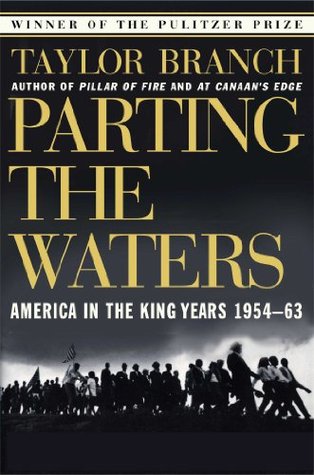as all roads converged at the Negro church. It served not only as a place of worship but also as a bulletin board to a people who owned no organs of communication, a credit union to those without banks, and even a kind of people’s court. These and a hundred extra functions further enhanced the importance of the minister, creating opportunities and pressures that forged what amounted to a new creature and caused the learned skeptic W. E. B. Du Bois to declare at the turn of the twentieth century that “the preacher is the most unique personality developed by the Negro on American soil.”
Welcome back. Just a moment while we sign you in to your Goodreads account.


